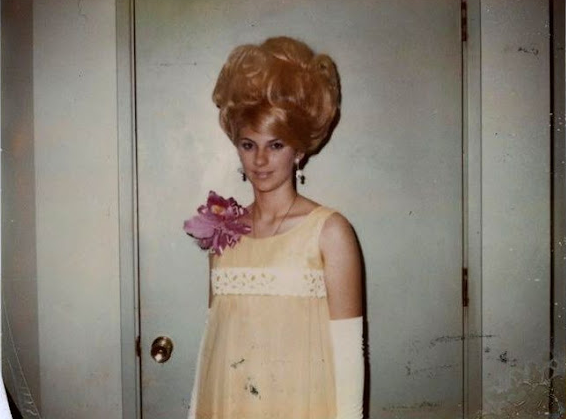In the realm of classic television comedy, few shows have ventured into as unusual and daring territory as "Hogan's Heroes." Premiering in 1965 and running until 1971, this sitcom brought humor to the unlikely setting of a World War II German prisoner-of-war camp. Created by Bernard Fein and Albert S. Ruddy, the show combined slapstick comedy with clever wit, turning a grim wartime backdrop into a stage for laughter. In this article, we'll dive into the world of "Hogan's Heroes" and explore why it remains a unique and enduring classic.
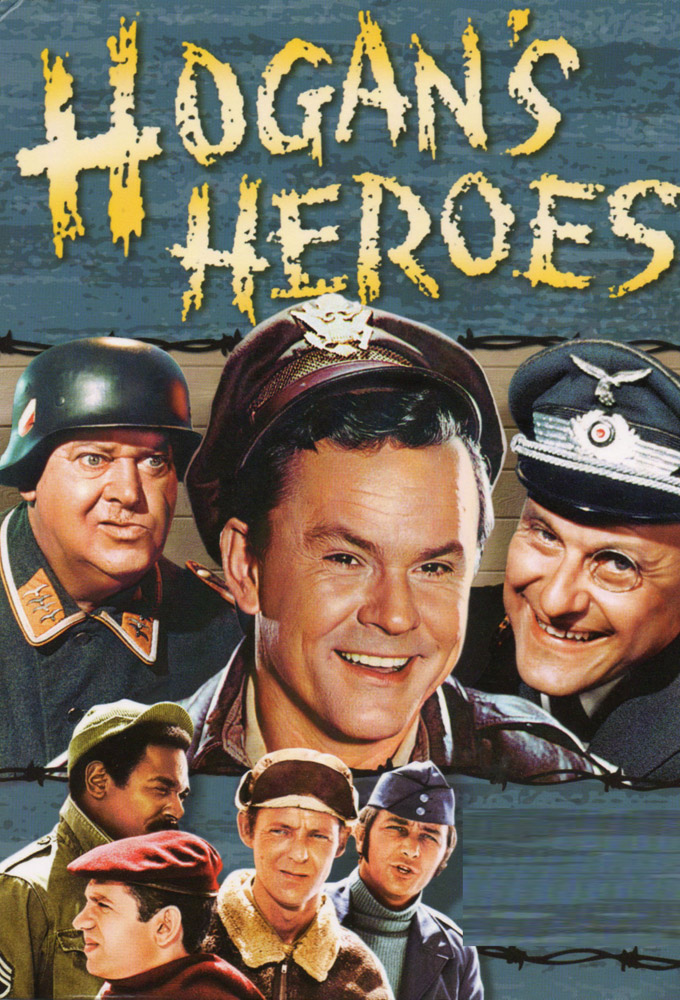
Setting the Stage: Cold War Entertainment
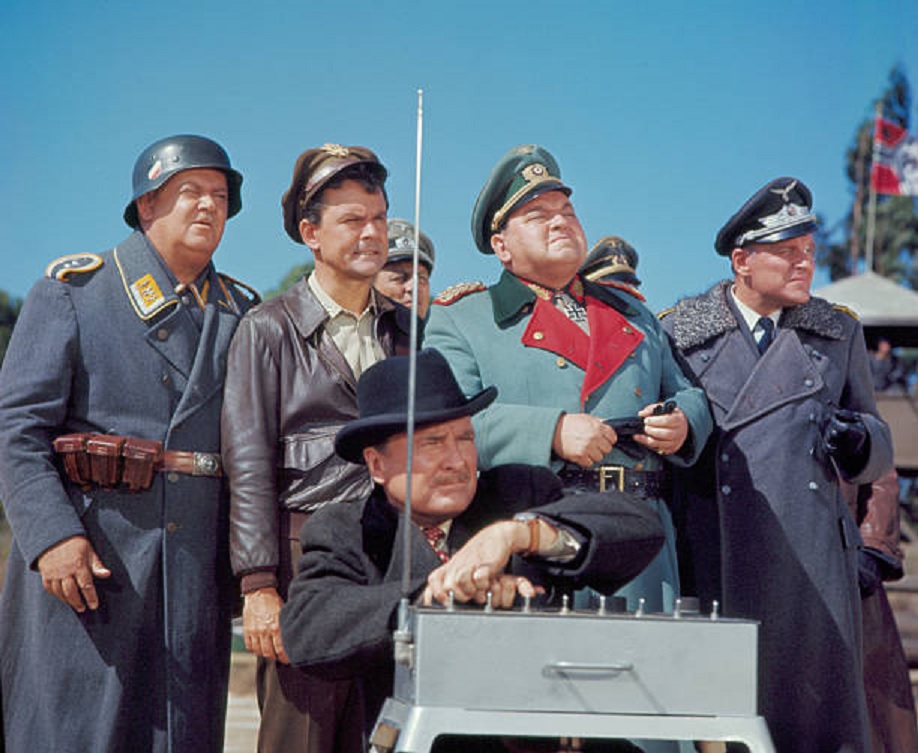
The mid-1960s marked a significant period in American history, characterized by the Cold War, social upheaval, and a rapidly changing media landscape. Against this backdrop, television networks sought to produce content that would engage audiences while also providing an escape from the anxieties of the era. "Hogan's Heroes" emerged as a response to these circumstances, presenting a lighthearted take on the dark and traumatic events of World War II.
The Premise: Comedy in Captivity
The show was set in Stalag 13, a German prisoner of war camp, where Colonel Robert Hogan (played by Bob Crane) led a group of Allied prisoners in covert operations against the German forces. The prisoners' activities ranged from sabotage and intelligence gathering to plotting escapes. Central to the comedy were Hogan's interactions with the camp's bumbling commandant, Colonel Wilhelm Klink (Werner Klemperer), and the strict but clueless Sergeant Schultz (John Banner).
The premise allowed for a unique blend of humor as the prisoners exploited Klink and Schultz's gullibility and incompetence. The show often relied on clever wordplay, slapstick comedy, and humorous misunderstandings to generate laughter. Despite the serious implications of war, "Hogan's Heroes" maintained a consistent comedic tone throughout its run.
Controversy and Criticism
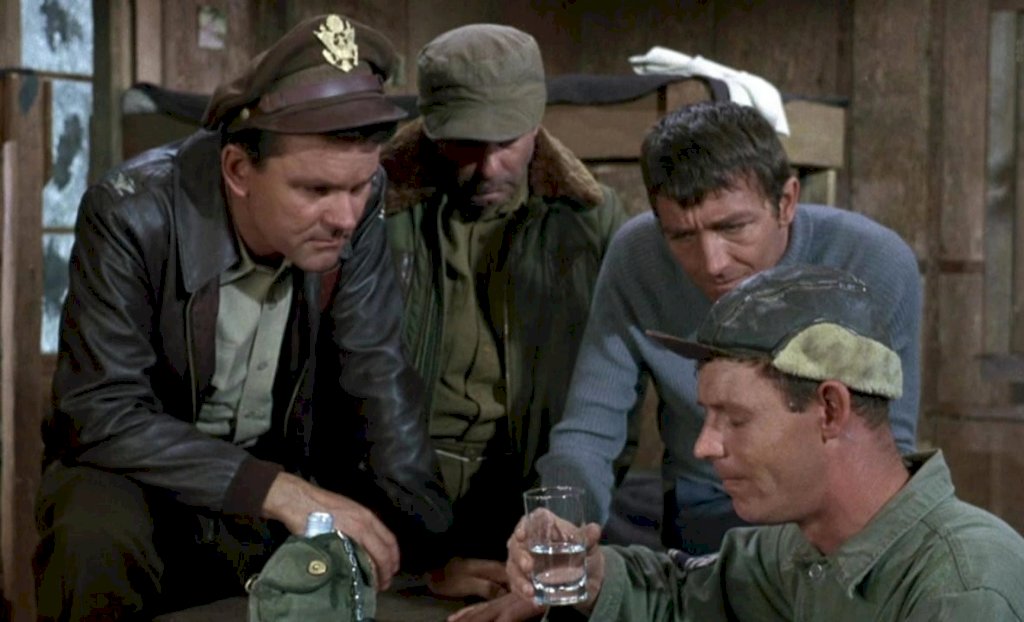
Almost from the outset, "Hogan's Heroes" was met with criticism and controversy. Many viewers and critics expressed concerns about the appropriateness of using a prisoner of war setting as the backdrop for a comedy. Some argued that the show trivialized the real-life suffering and atrocities experienced by prisoners during World War II. Additionally, the portrayal of Nazi officers as buffoons raised questions about the show's historical accuracy and ethical implications.
The criticism extended beyond the United States. In Germany, the show was met with particular skepticism due to its portrayal of Germans as inept and often absurd characters. Given the nation's history and the recent scars of World War II, the comedic depiction of Nazis was especially troubling to many Germans.
Navigating Sensitive Ground: The Show's Response
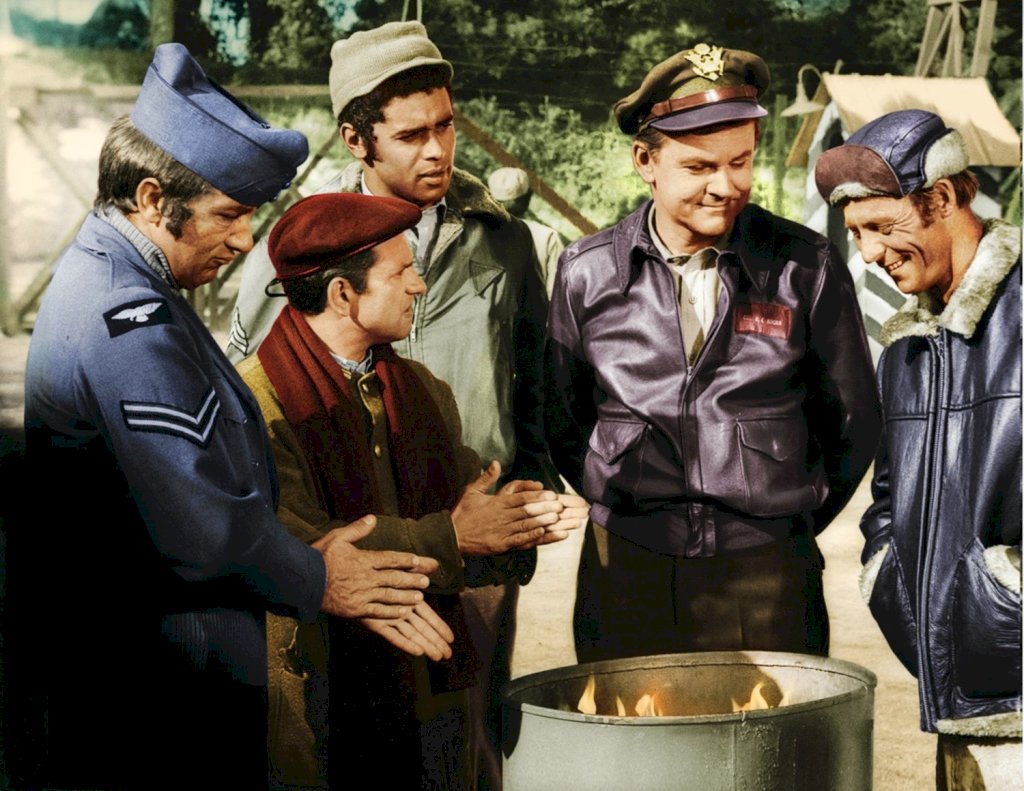
In response to the criticism, the creators of "Hogan's Heroes" maintained that the show was meant to be purely entertainment and that it did not intend to trivialize or make light of the horrors of war. They argued that the comedic approach was a way to explore a unique perspective on the war and to showcase the resilience and resourcefulness of prisoners of war in dire situations. The show's creators contended that by using humor, they were not diminishing the gravity of the war but rather highlighting the strength of the human spirit in adversity.
Despite these explanations, the controversy never fully subsided, and the debate over the show's appropriateness continued throughout its run.
Legacy and Cultural Impact
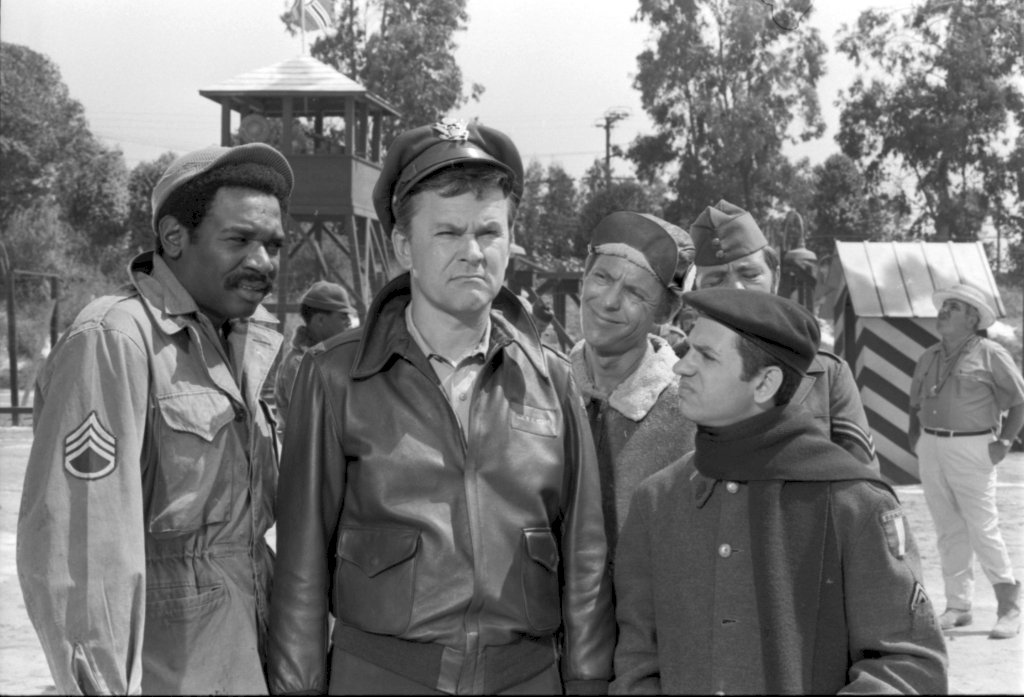
While "Hogan's Heroes" was met with criticism during its original broadcast, it also garnered a loyal following and achieved significant popularity. The show's distinctive blend of comedy and wartime drama left an indelible mark on television history. Its characters, catchphrases, and comedic situations became ingrained in popular culture, and the show's influence can still be seen in references and parodies in modern media.
The legacy of "Hogan's Heroes" is complex. On one hand, the show succeeded in providing audiences with entertainment and laughter during a tumultuous time in history. It demonstrated that even in the face of great challenges, humor could offer a respite from the hardships of reality. On the other hand, the show's comedic portrayal of war and captivity raises important questions about the ethics of using such serious subjects as the backdrop for entertainment.
In Conclusion: A Comedy Amidst Controversy
"Hogan's Heroes" remains a unique and polarizing entry in the realm of television history. It dared to find humor in the darkest of situations, creating a world where prisoners of war outsmarted their captors in ways that both entertained and provoked thought. While some view the show as a testament to the power of humor to uplift during difficult times, others criticize it for trivializing the very real suffering experienced during World War II. The show's legacy serves as a reminder of the complexities of using historical events as a basis for comedy and the ongoing debate over the boundaries of entertainment in the face of sensitive subjects.

